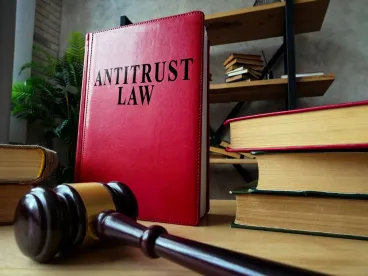Will private actions by market participants follow?
Broadcom and the Federal Trade Commission just settled an antitrust probe in November 2021. Yet, roughly five months later, Broadcom is again in the FTC’s crosshairs. According to people familiar with the situation and a document viewed by The Information -- a well-respected source for important, deeply reported stories about the technology industry -- Broadcom is using supply-chain issues to justify forcing customers to adopt exclusive agreements.
Just five months ago Broadcom agreed to stop forcing exclusive agreements on customers as part of its settlement with the FTC. Broadcom made similar concessions in its settlement with the European Commission in late 2020. Under the terms of the FTC settlement, "Broadcom is prohibited from entering into certain types of exclusivity or loyalty agreements with its customers for the supply of key chips for traditional broadcast set top boxes and DSL and fiber broadband internet devices." However, as previously described, the FTC’s settlement lacked teeth because, among other things, it did not apply to most markets in which Broadcom operates, nor did it include monetary penalties.
The question now is whether a competitor or customer of Broadcom will step up and file a private action for money damages. It does not appear that anything short of private antitrust litigation and its corresponding threat of treble damages will alter Broadcom’s conduct. Even though the FTC has provided potential litigants with a roadmap outlining Broadcom’s antitrust violations, market participants have not yet decided to pursue litigation against Big Bad Broadcom.





 />i
/>i
